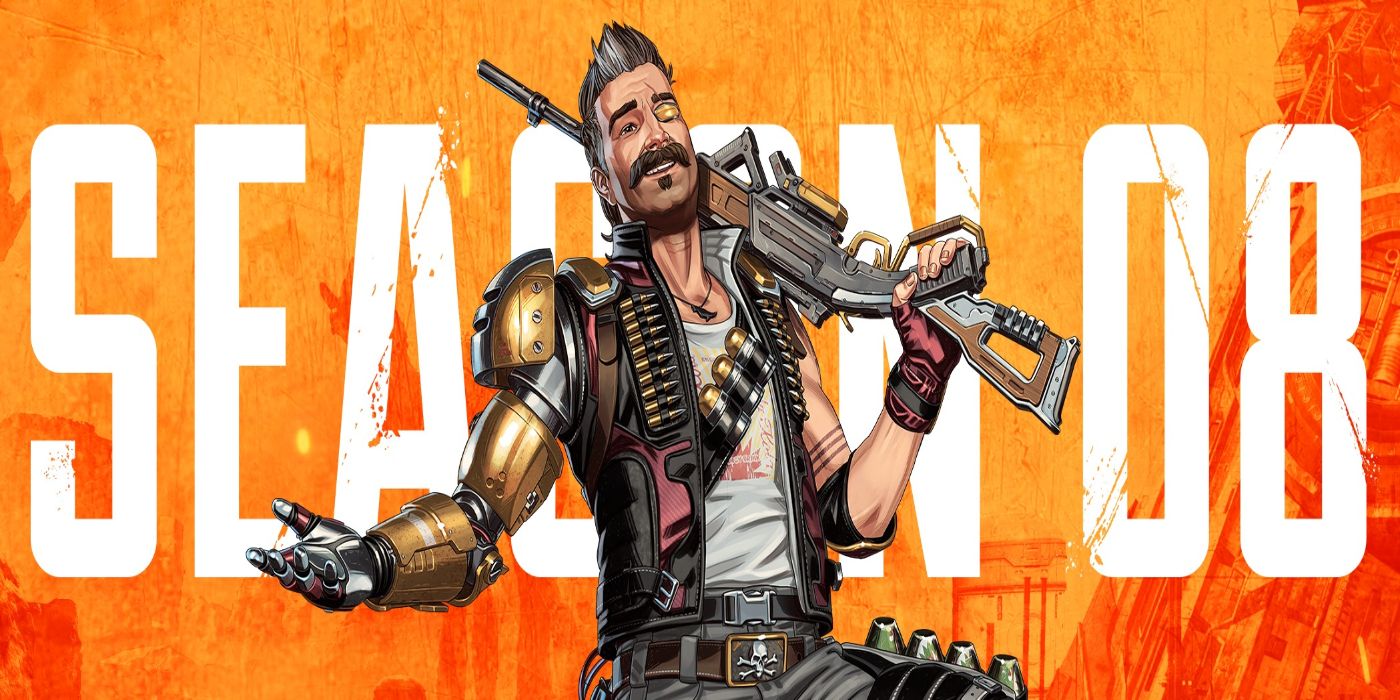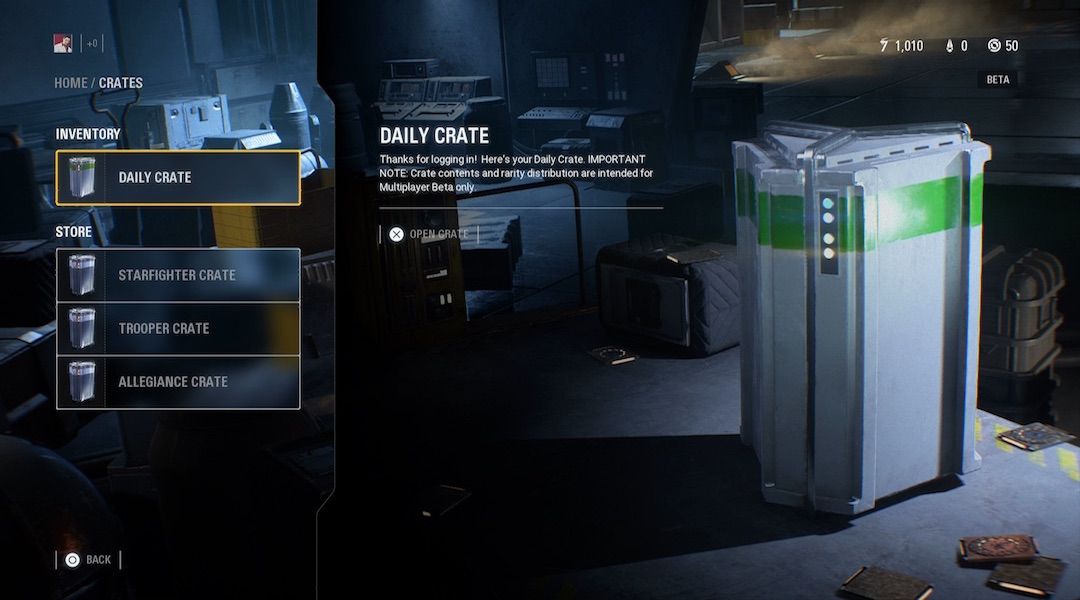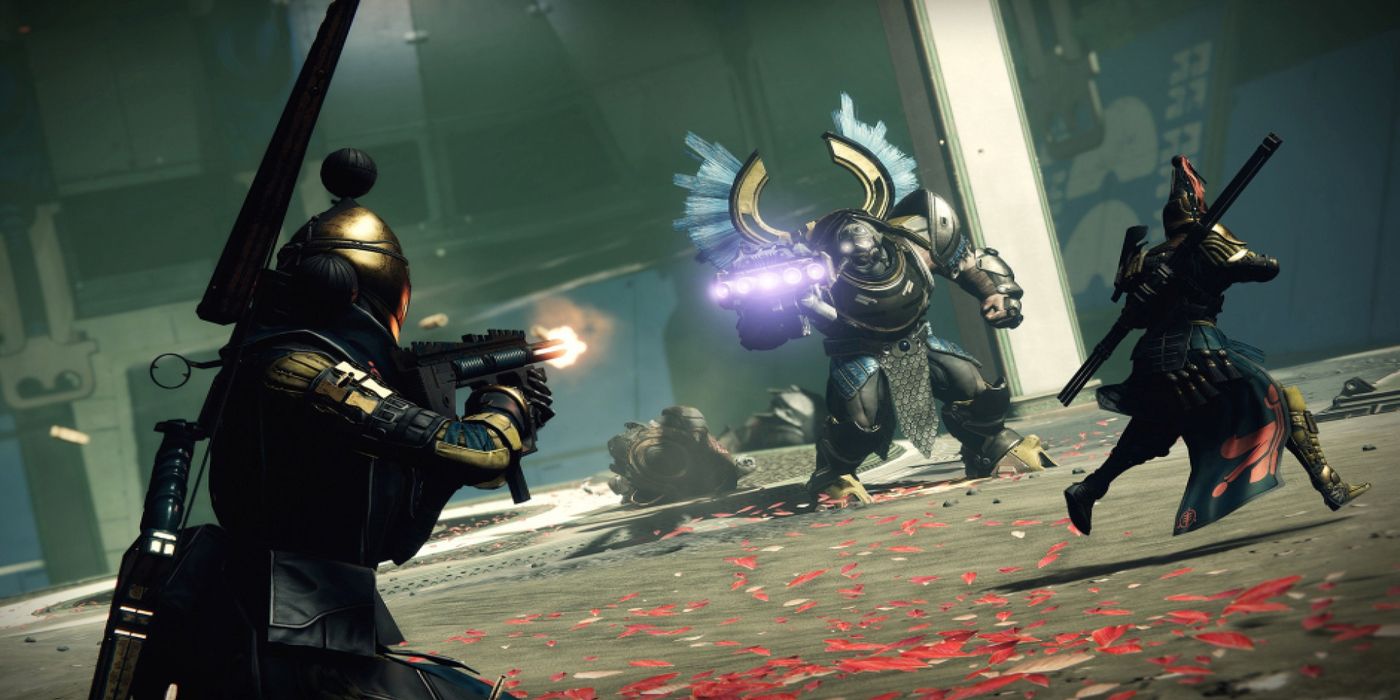
Creating a game from scratch costs companies tens of millions of dollars, and there is no guarantee that it will turn a profit. When games end up losing money, it can spell disaster for the developer's reputation and finances, which in turn impacts the future of the company and games that they can release. Sometime in the last decade, game companies seem to have found an alternative to this problem in live-service games. These games provide an experience that can be consistently updated with new content to keep players engaged over a long period of time.
This trend was probably inspired by subscription-based MMORPGs, such as World of Warcraft, that were able to attract a large market share willing to return for each new event, race, etc. This allowed Blizzard Entertainment to keep from building a completely new game from the ground up, while ensuring that it was still making enough to continuously put out new content for players. It worked really well, but the same problem with getting sucked into WoW back in the day is the same with live-service games now. There is simply too much to play for gamers to devote their time and money to all the live-service games out there, and that's a disservice to the best games.
RELATED: Dragon Age 4 Dropping Live-Service Elements is a Double-Edged Sword

The most glaring and common source of problems with any live service game is the microtransactions. There's the Star Wars Battlefront 2 loot box controversy, where the game was found creating a toxic environment for children, according to Belgium's gaming commission. In the beginning, players were only able to unlock game-changing heroes if they got lucky enough with a random loot box that could include everything from heroes to emotes. It required in-game currency, which cost real world money.
This led to a pay-to-win system on top of the already $60 game at launch, which was seen as incredibly unfair by a number of players across the world. Star Wars Battlefront 2 would eventually take out the loot boxes, but the damage was done.
While that is an extreme example, many live-service games similarly use in-game currency to unlock the most valuable parts of the game, and that's how some continue to make money. When this is on top the base price of the game, the DLC can become extremely expensive. This seems to be an issue with the games as a service platform; developers can potentially save money by starting small with a new title, requiring that players put their money into the same game over and over again to keep it alive. However, when the developer decides to start going to new and increasingly obscure places to try and make more money, it can lead to some weird expansions to the game.

Even if someone had a limitless bank account and bought all the DLC for every game they played, they would soon run into a new problem. There is not enough time to play all of the live service content out there before players can even get to the DLCs.
For instance, Destiny 2 plus its current DLCs can take upwards of 500+ hours for people seeking to 100 percent it. That's about 21 days of consistently playing Destiny 2 to finish everything as the developers envisioned. The battle pass, a commonly used feature in live-service games, can each take anywhere from 100 hours to 4 weeks, depending on how serious players take it and which challenges or achievements they gain along the way. While it can be a varying experience, it quickly adds up to take over a lot of time.
Not that the trend of live-service games doesn't have its merits. There have been some great free-to-play live service games that have captured international attention, such as Fortnite and Call of Duty: Warzone. It allows gamers without a lot of money to try out new shooters with their friends, and introduces old players to new IPs, such as Apex Legends did for Titanfall. However, players can't just spend the rest of their lives waiting for season after season to drop in one, or even a few, live-service games.
MORE: Skull and Bones Should Consider Dropping Live-Service Elements (Like a Recent Game)

